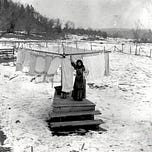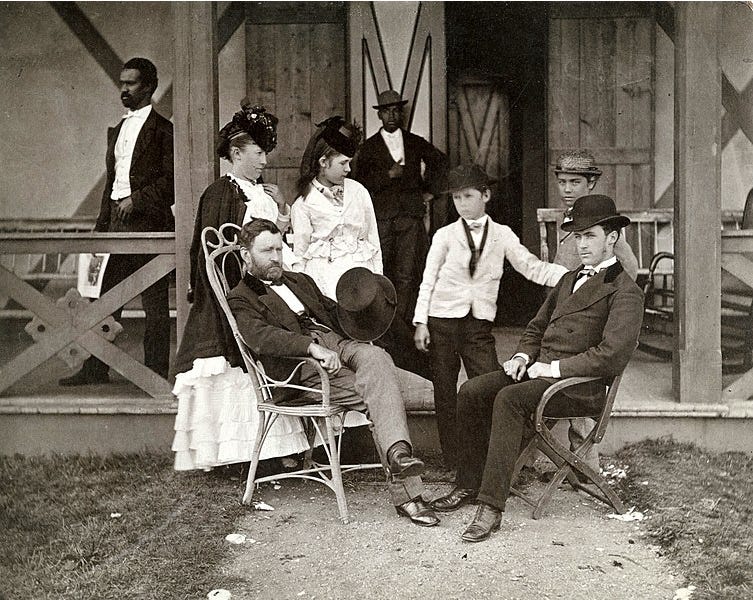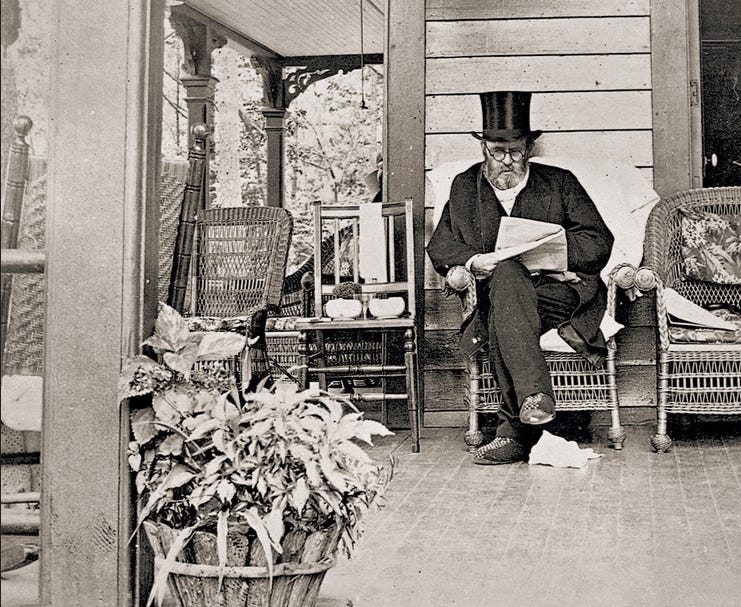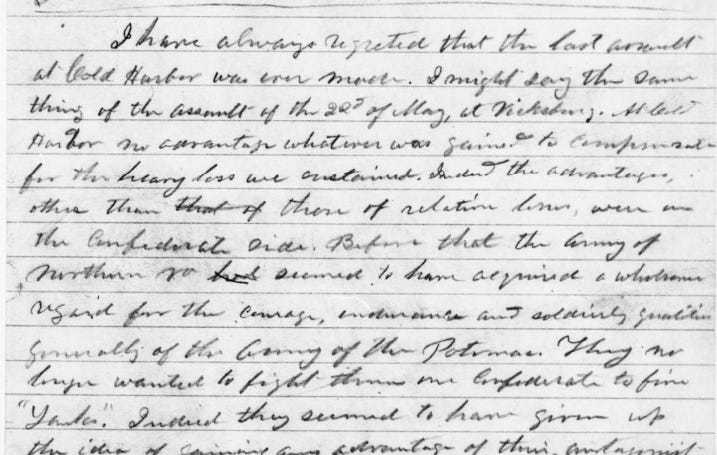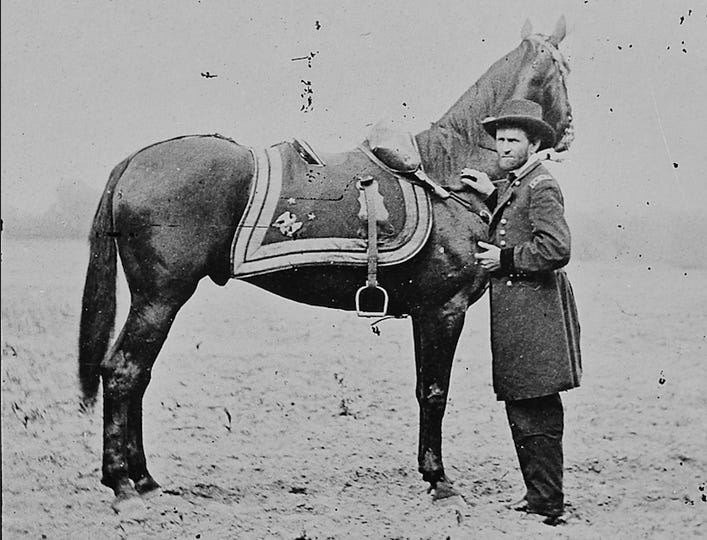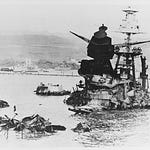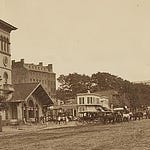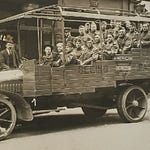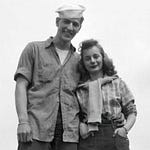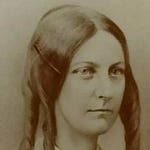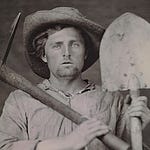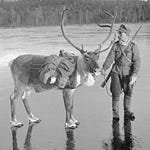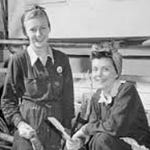a great American
Mark Twain met Ulysses S. Grant at a Civil War veterans’ reunion in Chicago in late 1879.
They became good friends, and a few years later, Twain published Grant’s acclaimed autobiography.


Soon after Grant's death in July 1885, Twain wrote a letter to his friend, Henry Ward Beecher, a prominent social reformer, about Grant.
The letter paints an intimate portrait of a kind and humble man unaffected by lofty achievement or international acclaim.
Here’s a portion of it:
The sick room brought out the points of General Grant's character - some of them, particularly, to wit: his patience.
His indestructible equability of temper.
His exceeding gentleness, kindness, forbearance, lovingness, charity.
His loyalty: to friends, convictions, to promises, to half-promises…
His aggravatingly trustful nature.
His genuineness, simplicity, modesty, diffidence, self-deprecation, poverty in the quality of vanity.
And, in no contradiction to this last, his simple pleasure in the flowers and general ruck sent to him by Tom, Dick and Harry from everywhere, a pleasure that suggested a perennial surprise that he should be the object of so much fine attention.
He was the most lovable great child in the world.
And his fortitude!
He was under sentence of death last Spring.
He sat thinking, musing, for several days, nobody knows what about, then he pulled himself together and set out to finish that book, a colossal task for a dying man.
Presently his hand gave out.
Fate seemed to have got him checkmated.
Dictation was suggested. No, he could never do that, had never tried it, too old to learn now.
By and by - if he could do Appomattox - well...
So, he sent for a stenographer and dictated 9,000 words at a single sitting! - Never pausing, never hesitating for a word, never repeating - and in the written-out copy, hardly a correction.
Then he lost his voice.
But he was not quite done, however.
There was no end of little plums and spices to be stuck in here and there. 1
And this work he patiently continued a few lines a day, with his pad and pencil till far into July, at [his home in] Mt. McGregor.
One day he put his pencil aside and said he was done - there was nothing more to do.
If I had been there, I could have foretold the shock that struck the world three days later.
******************************
I’ll see you tomorrow.
— Brenda
Banner image: Combat artist Alfred Waud’s drawing of Gen. Grant telegraphing war news during the Battle of the Wilderness, May 1864
The original hand-written manuscript is in the Library of Congress.


